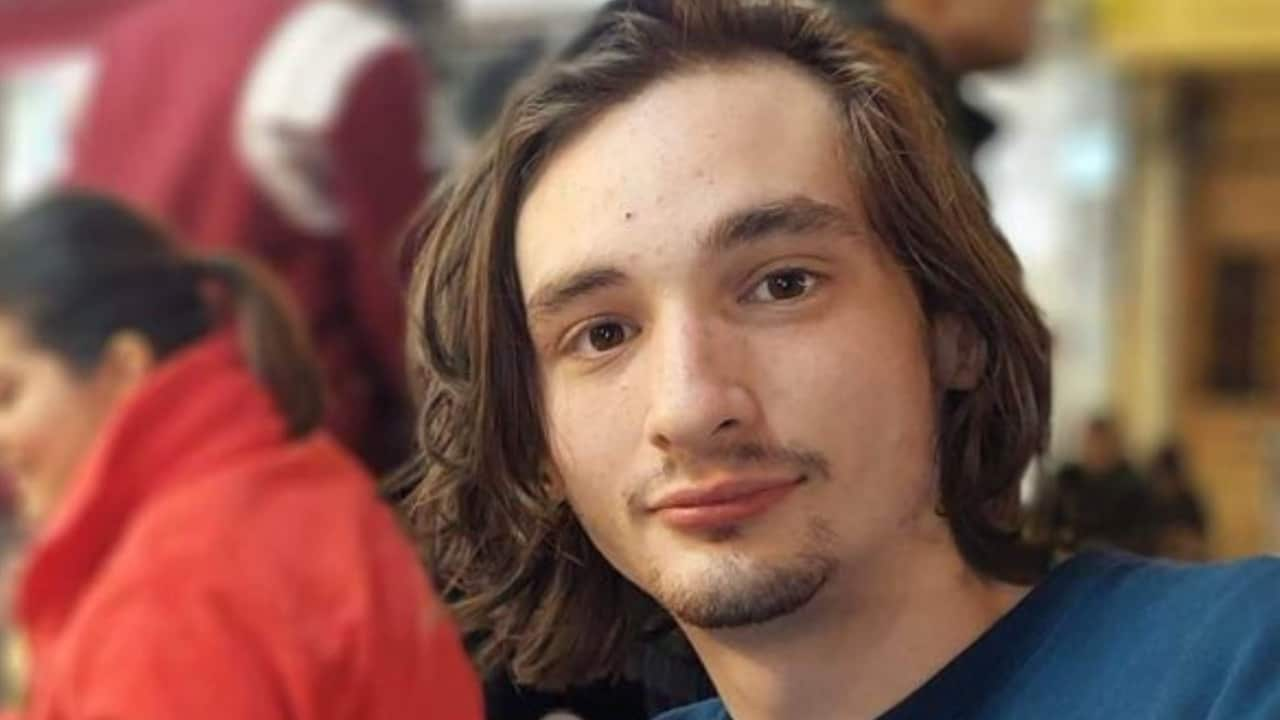More than 50 years ago, the women's liberation movement reshaped society's expectations of womanhood. As commentary around 'toxic masculinity' persists today, Insight asks if men need to be liberated from traditional masculinity. Watch episode Male Liberation on SBS On Demand.
Between 14 and 16, I fell through a trapdoor into a toxic corner of the internet, which fundamentally reshaped me for the worse.
I had serious health issues in Year Nine that led to me barely attending school. And as the outside world became closed off to me, I retreated to the online world.
From there, I became a lost and fragmented version of myself — one who was misanthropic, misogynistic, and casually racist and transphobic.
This happened despite my progressive upbringing in Sydney's inner western suburbs — a quite socially liberal part of Australia.
Stream free On Demand

Male Liberation
episode • Insight • News And Current Affairs • 51m
episode • Insight • News And Current Affairs • 51m
Via the rise of social media and online forums, the 2010s gave people much more freedom to express opinions and create communities.
In my experience, many of these online communities were made up of introverted men with questionable views.
The content I consumed introduced me to a lot of anti-women and casually racist opinions.
Often, the sentiment was hidden behind an increasingly thin veil of irony and dark humour.
Over time, these views started to mould my behaviour.

The influence of gaming and early YouTubers
The 'joking' use of racist and homophobic language on some of the early YouTube channels we watched made its way into the schoolyard.
Some of it was in the guise of satire, but the humour falls apart when you ask what is being satirised. And unfortunately, teenagers aren't exactly well-equipped to deal with nuance or dark humour.
While many of these creators have since distanced themselves from this content, their impact lives on.
I believe they introduced and reinforced language rooted in disrespect for others.
It's embarrassing to think about this now, and I cringe remembering words I used in the past.
I am reminded of the language some teenage boys use when I game online.
Slurs and phrases like "raped" were (and maybe still are) part of the sledging lexicon. But is killing someone in an online video game appropriate to compare to rape?
I believe there are several reasons for people using such language so casually online.
The first is that it's taboo, and some teenagers like to seek attention by doing what is taboo.
The second is the influence that early content creators who used this language had in the early 2010s.
And the third is that I don't think teenagers always understand the power of the words they use or why they're saying them. Teenagers often aren't taught the true history of many words or why they're hurtful.
Male violence against women continues to surge, and it's hard not to think that language used in male-dominated spaces has no effect on this.

Male-dominated spaces online and offline
It's also a real issue that, as far as I see it, young men rarely have female role models. And if they do, it's almost always a family member.
I think having more men look up to women is crucial to boys relating to women in a healthy way.
Jordan Peterson and Andrew Tate have become prominent role models for many men around the world, but I believe they do not prepare young men well for the world and for how they interact with women.
(Peterson has been criticised by some for his right-wing views on political correctness, gender identity and climate change. While Tate is set to stand trial in June 2026 over multiple charges, including rape and human trafficking; he denies all allegations.)
To this I say very simply and bluntly: almost every space out there is a male-dominated space.Jamie Dunkin
I hear some men defend some of the views held by these figures by arguing it's "unfair" women have women-only spaces, but men are "not allowed" to have men-only spaces.
To this I say very simply and bluntly: almost every space out there is a male-dominated space.
It sounds obvious, but until my late teens, I never really considered how being male was almost the 'default setting' in which we experience the world.
Most of my hobbies and interests were male-dominated and male-led; gaming was male-dominated, sport was male-dominated, culture was broadly male-dominated.
Mistakes leading to maturity
I found it hard to break out of these male-centric spaces.
For me, it took a lot of introspection, openness, and vulnerability. I sought perspectives different to mine and spent time with people very different to me, which I believe made me become a more rounded person.
There seems to be a conception among some men that admitting you're wrong is something that won't get you respect. I believe the opposite is true.
Having your beliefs challenged can be hurtful and embarrassing, but I believe it leads to progress.
My message to young men is to embrace being wrong. Be open to changing your views and embracing situations where you learn about topics you have never considered.
Making mistakes and owning up to them can be difficult, but it's a vital part of growing up.
We've all done things we cringe at, but as long as you're learning from them, it's a positive thing.
For counselling, advice and support for men who have anger, relationship or parenting issues, call the Men's Referral Service on 1300 766 491.
For crisis and mental health support, contact Lifeline (13 11 14), SANE Australia (1800 187 263) or 13Yarn (139 276), a 24/7 Aboriginal & Torres Strait Islanders crisis support line.
And for more stories on sex, relationships, health, wealth, grief and more, head to Insightful — an SBS podcast series hosted by Kumi Taguchi. Follow us on the SBS Audio App, Apple Podcasts, Spotify, or wherever you get your podcasts.
Insight is Australia's leading forum for debate and powerful first-person stories offering a unique perspective on the way we live. Read more about Insight
Have a story or comment? Contact Us


